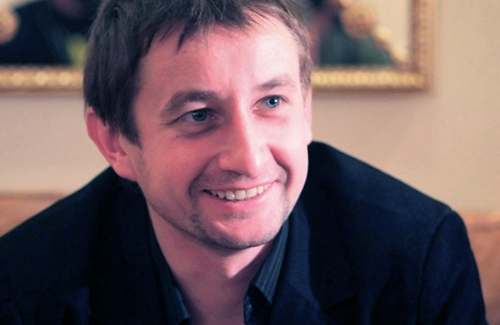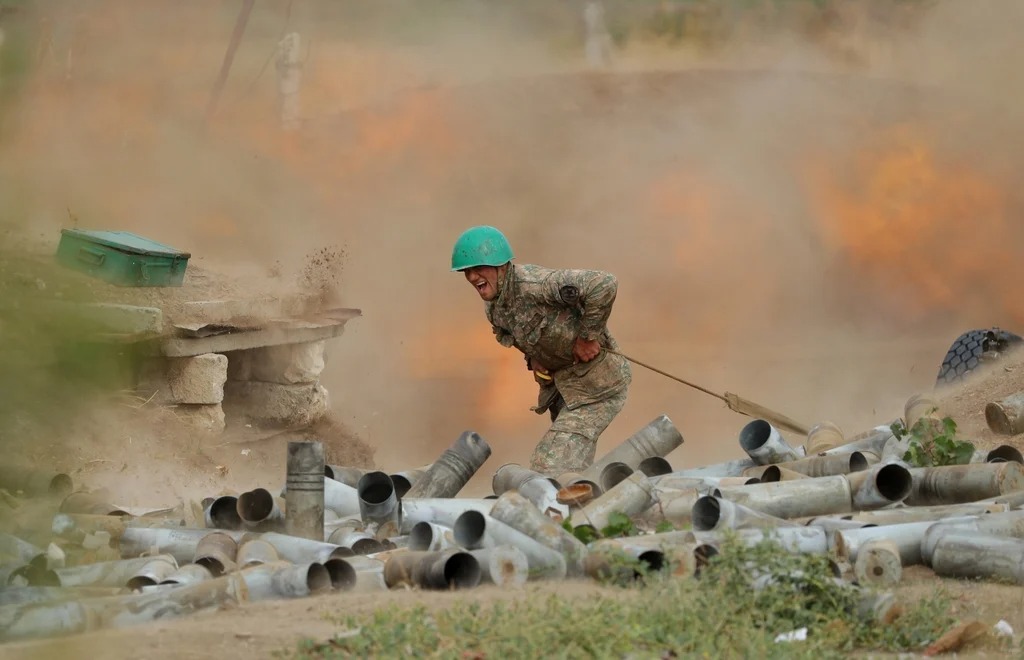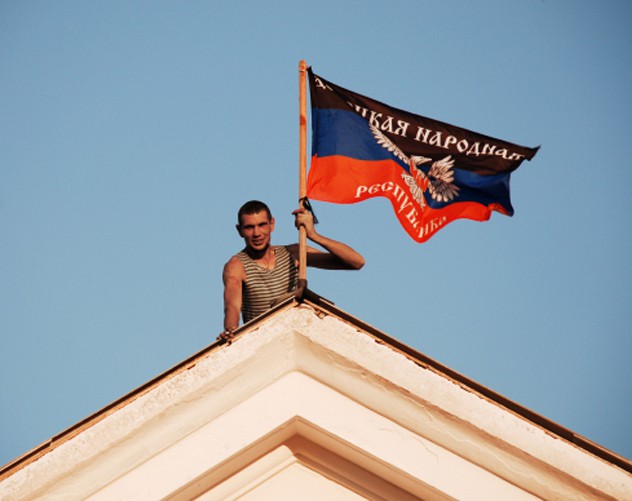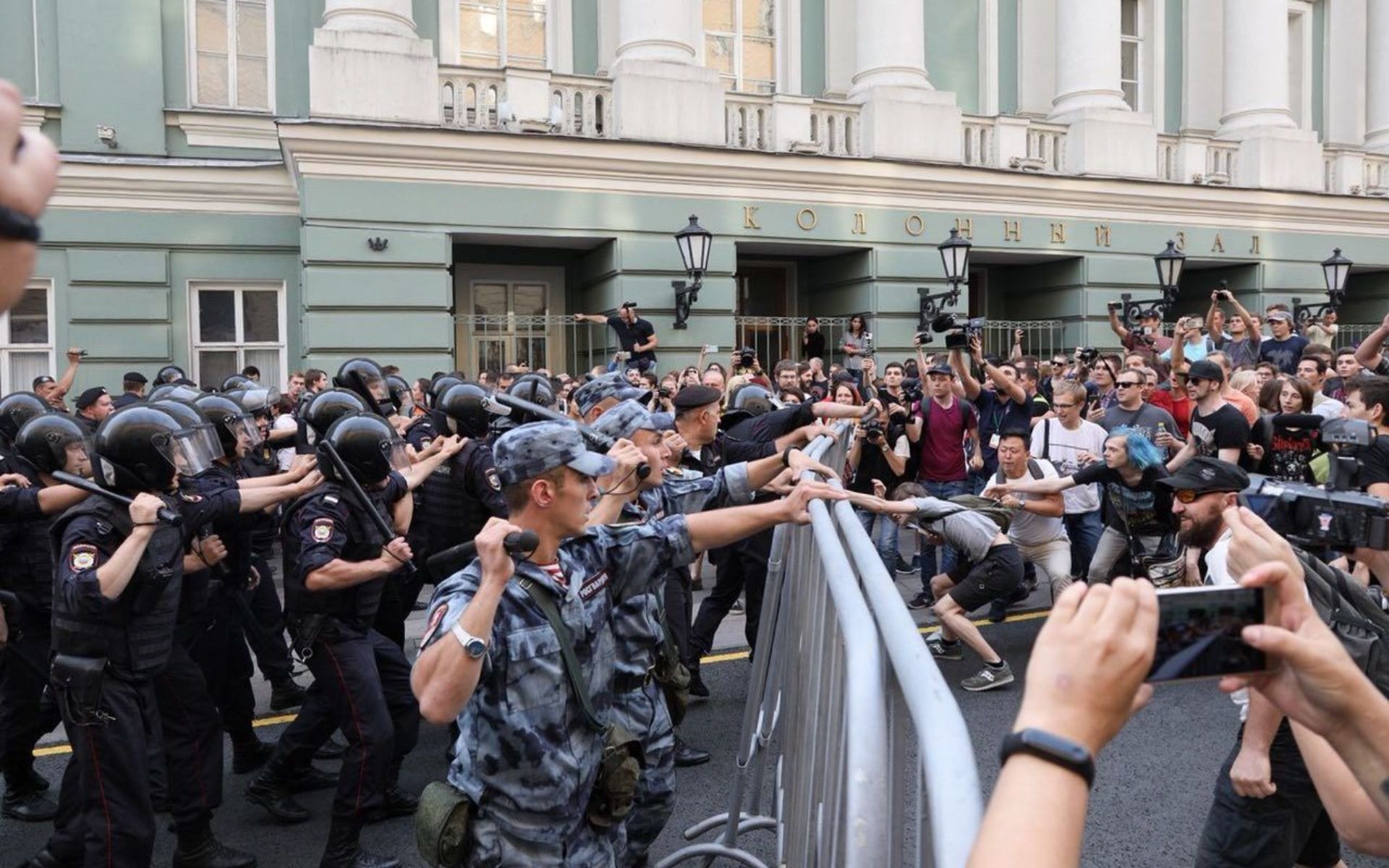by Serhiy Zhadan
When this is all over, many things will look totally different. Our eyes will have been opened on many issues. There will be things you won’t want to see. Still, when this is all over, when the shooting finally stops, when “the war is over” (no matter how you interpret this phrase), we will have to face how much everything has changed. I’m not talking about military operations, battles, the occupations of towns, the destruction of bridges or military hardware. Rather, I am talking about what begins after those things stop, what starts when the war is over.
Obviously, our country will have to deal with soldiers from the front who have held weapons and used those weapons. We will have to deal with their truth and their experiences. We will have to take into account their losses and (especially) their victories. Also, we will have to take into account the experiences of those who did not take up arms, but were part of the war, in one way or another. So, what does it mean “to be part of the war”? Today they fill out the war, they are the background against which military actions take place. They are used as the cover, the excuse, the accusation, sometimes we empathize with them. But in most cases we simply ignore them – because war focuses on armed men. Civilians do not fill the theatre of war with heroics, they are the slogan. They are in everyone’s way today -- and they will be so in the future. And we will also have to deal with that.
At the same time we will also have to deal with the fact that we will all finally see this mythical Ukrainian east, the Donbas from the inside, up-close. All those names of places that today make the blood rush into our brains, Krasnyi Lyman [Red estuary], Stanytsia Luhanska [Luhansk Station] or even Shchastia [Happiness], won’t simply be names of places, where most of our compatriots have never been (and have never planned to visit), they will be more real and bloody (therefore real) pieces of territory, with associations for many people.
From simple geography all these places will transform into history, and a painful history at that. I expect that many people will realize that the Donbas is not simply a grey zone in the east, but real towns and villages, in which real people live. And today the people from Donbas, as refugees, are discovering the rest of Ukraine for themselves. We will have to deal with the fact that today we are discovering our country for ourselves through news from the front, through disinformation on television, through personal pain and tragedy. Now no one will confuse the Donesk Region with Luhansk, or Luhansk with Kharkiv. And even if they forget, they will remember the locations of the roadblocks, which get so much attention in the press today.
I really hope that when this is all over, our country won’t start a witch hunt where all the people of the liberated towns and villages will be viewed as guilty, and revenge will be taken on those who can’t defend themselves, and those who are not liked will be persecuted. Instead, I hope that all those who could have stopped this massacre several months ago, in the spring, will have to answer for this. I expect that the scum -- every last parliament member, every town mayor and police chief, including all the oligarchs and turncoat priests, all those lawful representatives and moral authorities who sat back and watched the situation spiral out of control, will have to answer for betraying their country, for their sabotage, for this pillage and plunder.
It is easy to shift all the blame on the civilian population. It is easiest to blame them for all the problems, to complain about them, and be angry at them. But remember how all this started, and imagine, what would have happened if everyone simply did their job. Everyone – from the policemen at rallies, to the border guards at the crossings. Imagine what we could have avoided. So we will have to deal with the necessary naming of names of real traitors. It is not easy to name traitors, but it the right thing to do.
[hr]translated from Ukrainian by Virlana Tkacz and Wanda Phipps





